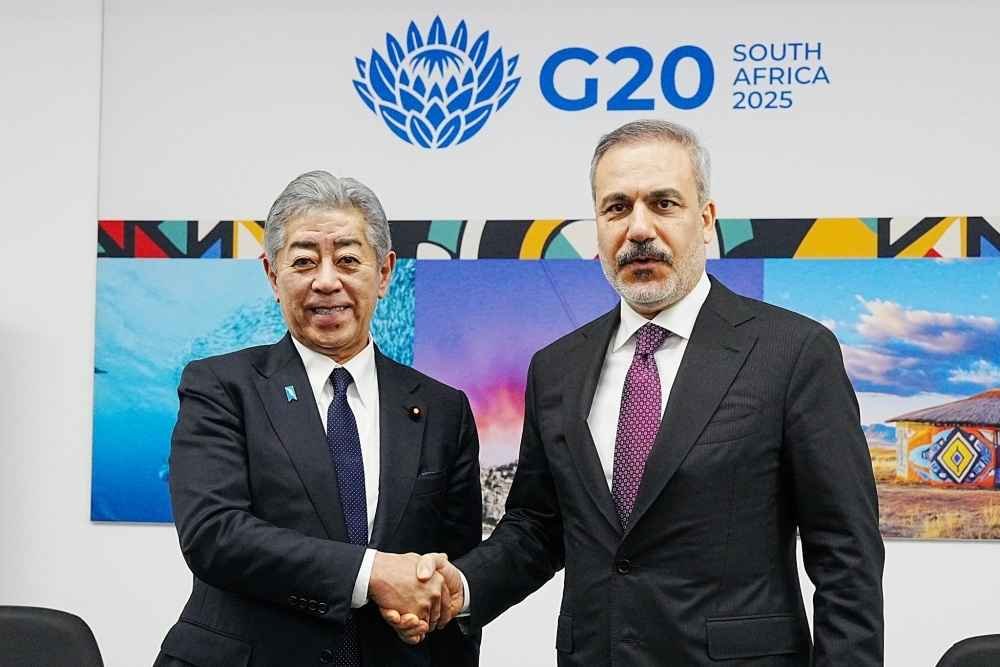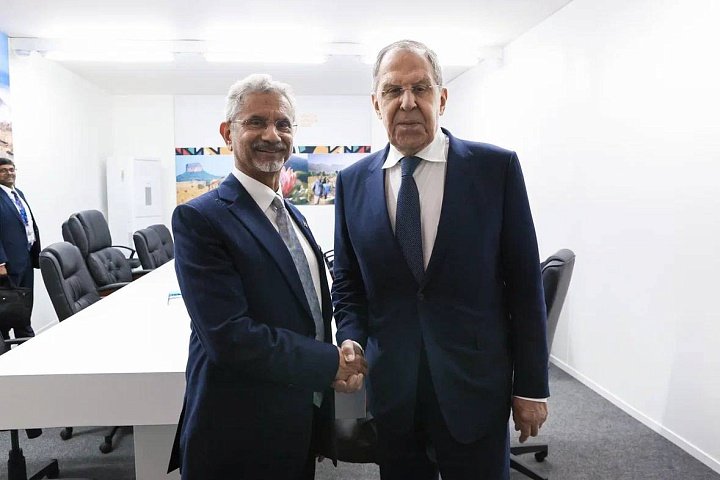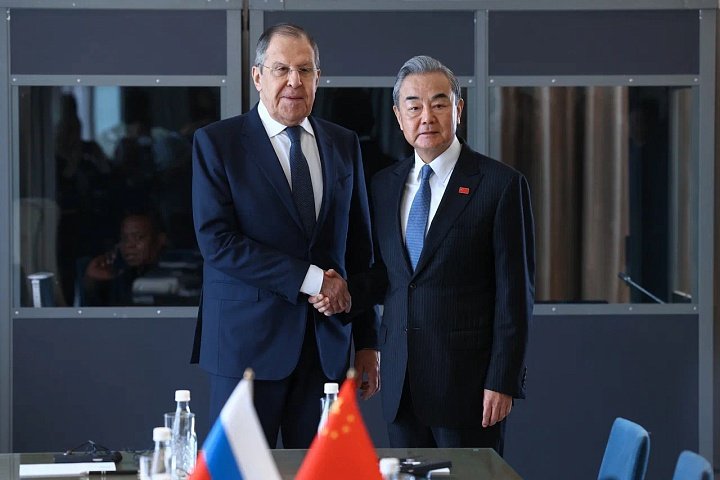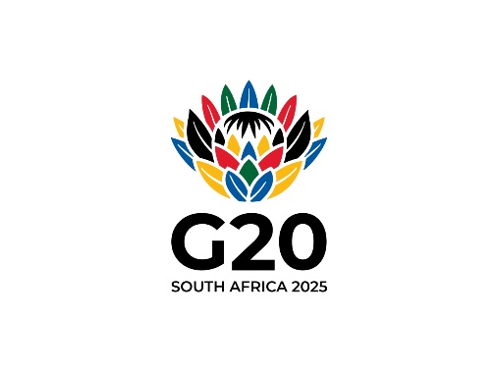Johannesburg (TDI): South Africa hosted the G20 Foreign Ministers’ Meeting in Johannesburg. This significant event marked the inaugural ministerial gathering under South Africa’s G20 Presidency.
The Group of 20 (G20) is an international platform for uniting the world’s major economies to address global financial stability, economic growth, geopolitical and developmental challenges.
President of South Africa Cyril Ramaphosa officially inaugurated the meeting, highlighting the importance of collective action in order to counter global concerns and to protect world peace.
Read More: Ramaphosa Stresses Cooperation at G20 Meeting
“Our goals include strengthening disaster resilience, ensuring debt sustainability for low-income countries, prioritising energy transitions, and promoting green industries for sustainable future” he said.
“As the international community, we committed ourselves to this ambitious agenda to end poverty and hunger, to protect the planet, to achieve gender equality, universal education and health coverage, and to promote decent work and sustainable economic growth” President Ramaphosa added.
He said that climate crisis is no longer a threat, it is a catastrophic reality.
He urged all nations and organisations to act accordingly to combat this issue.
Furthermore, he also highlighted the need for international collaboration to counter issues such as climate change, food security, energy, and current geopolitical conflicts.
Key Bilateral Talks
On the sidelines of G20 summit, many governmental representatives and foreign ministers held meetings to ensure collaboration and connectivity through trade, diplomacy, investment, regional development and security sectors.
Foreign Minister of Turkiye Hakan Fidan and Foreign Minister of Japan Iwaya Takeshi met for a 40-minute discussion.
Both sides focused on enhancing bilateral cooperation and addressing regional issues of mutual concern.

Furthermore, Russian Foreign Minister Sergey Laurov and the Indian Minister of External Affairs Subrahmanyam Jaishankar held a meeting at the sidelines of G20 Summit.
The meeting highlighted the strong partnership between the two countries, with both ministers exchanging views on regional and international issues of mutual interest.
Read More: Jaishankar’s G20 visit to South Africa on geopolitical talks

Moreover, Russian Foreign Minister Sergey Lavrov also met with the Chinese counterpart Wang Yi on the sidelines of the G20 meeting.
Both ministers discussed the contemporary geopolitical situation and emphasized the importance of strategic cooperation between their nations for mutual benefit and peace in the region.

Additionally, the EU High Representative for Foreign Affairs and Security Policy and Vice President Kaja Kallas, and the Minister of International Relations and Cooperation of South Africa Ronald O. Lamola, co-hosted the 16th session of the Ministerial Political Dialogue on February 19, 2025, in Cape Town.
According to the join press release, both sides agreed on trade, investment and regional peace between European Union and South Africa.
They also agreed to support each other for economic growth and partnership in future.
History of G20
G20 was established due to the Asian financial crisis in the 1990s.
Its main purpose to bring together the world’s largest economies to discuss global financial stability and economic issues.
Initially, it was only aimed for meetings of Finance Ministers and Central Bank Governors but slowly expanded as leaders’ summit for a more coordinated global economic governance platform.
The first leaders’ summit of G20 was held in November 2008 in Washington DC.
It primarily focused on addressing the global financial crisis, economic instability, and reforming global financial institutions for economic growth.
In current years, the G20 has expanded its agenda to include current issues like environmental changes, health issues like COVID-19 pandemic, gender violence, and technology.
Objectives of G20
1. Strengthening the global economy and ensuring financial stability.
2. Promoting sustainability, development and countering climate change.
3. Facilitating trade and investment among the member states.
4. Enhancing employment opportunities and economic sustainability.
5. Advancing digital transformation, technology and innovation.
Member Countries
The G20 consist of 19 countries and the European Union (EU). It represents over 80% of global GDP and two-thirds of the world’s population. The member states include:
1. Argentina
2. Australia
3. Brazil
4. Canada
5. China
6. France
7. Germany
8. India
9. Indonesia
10. Italy
11. Japan
12. Mexico
13. Russia
14. Saudi Arabia
15. South Africa
16. South Korea
17. Turkey
18. United Kingdom
19. United States
20. European Union (EU)
Areeba Kanwal is a contributor at The Diplomatic Insight and has passion for International Relations and diplomacy.



